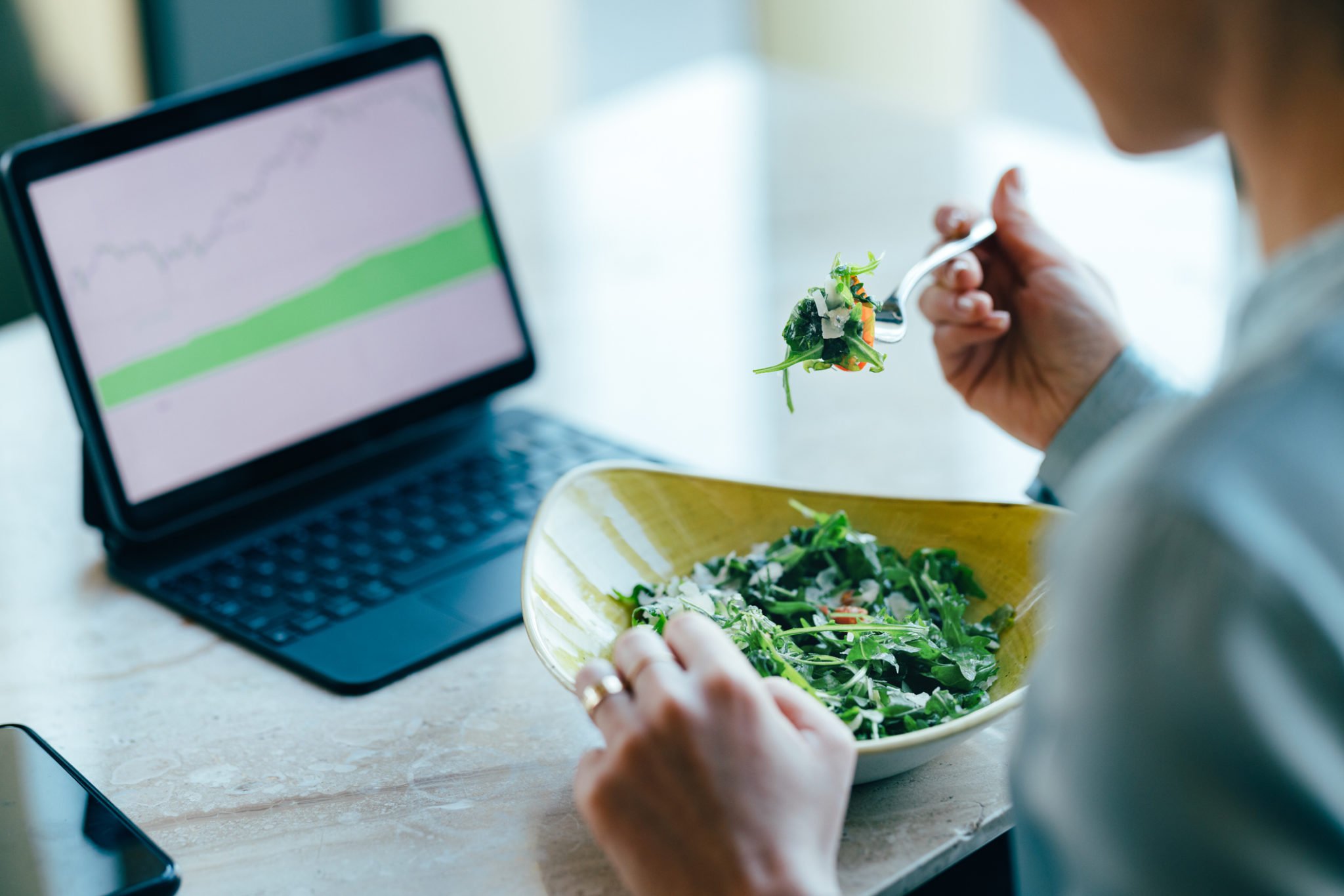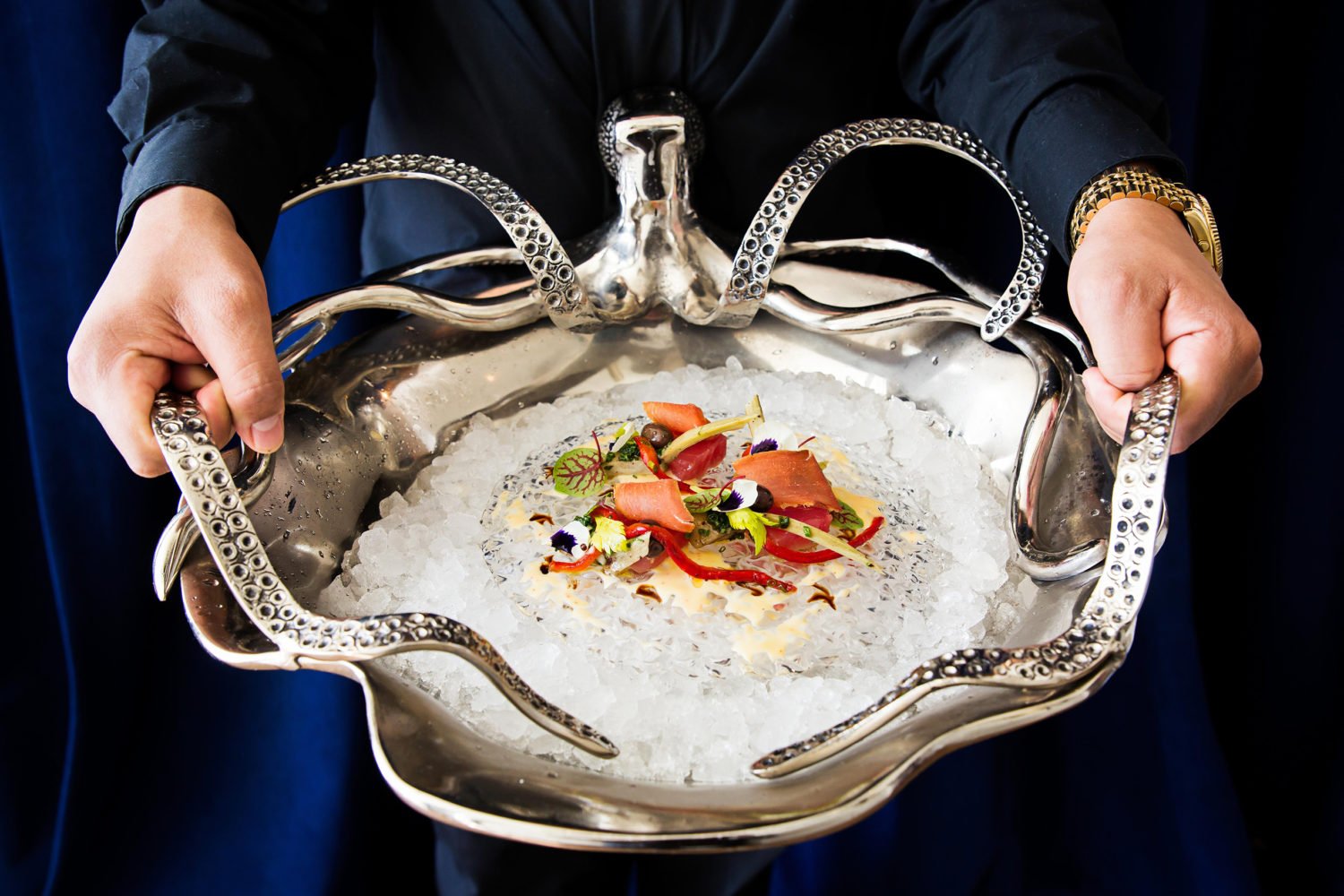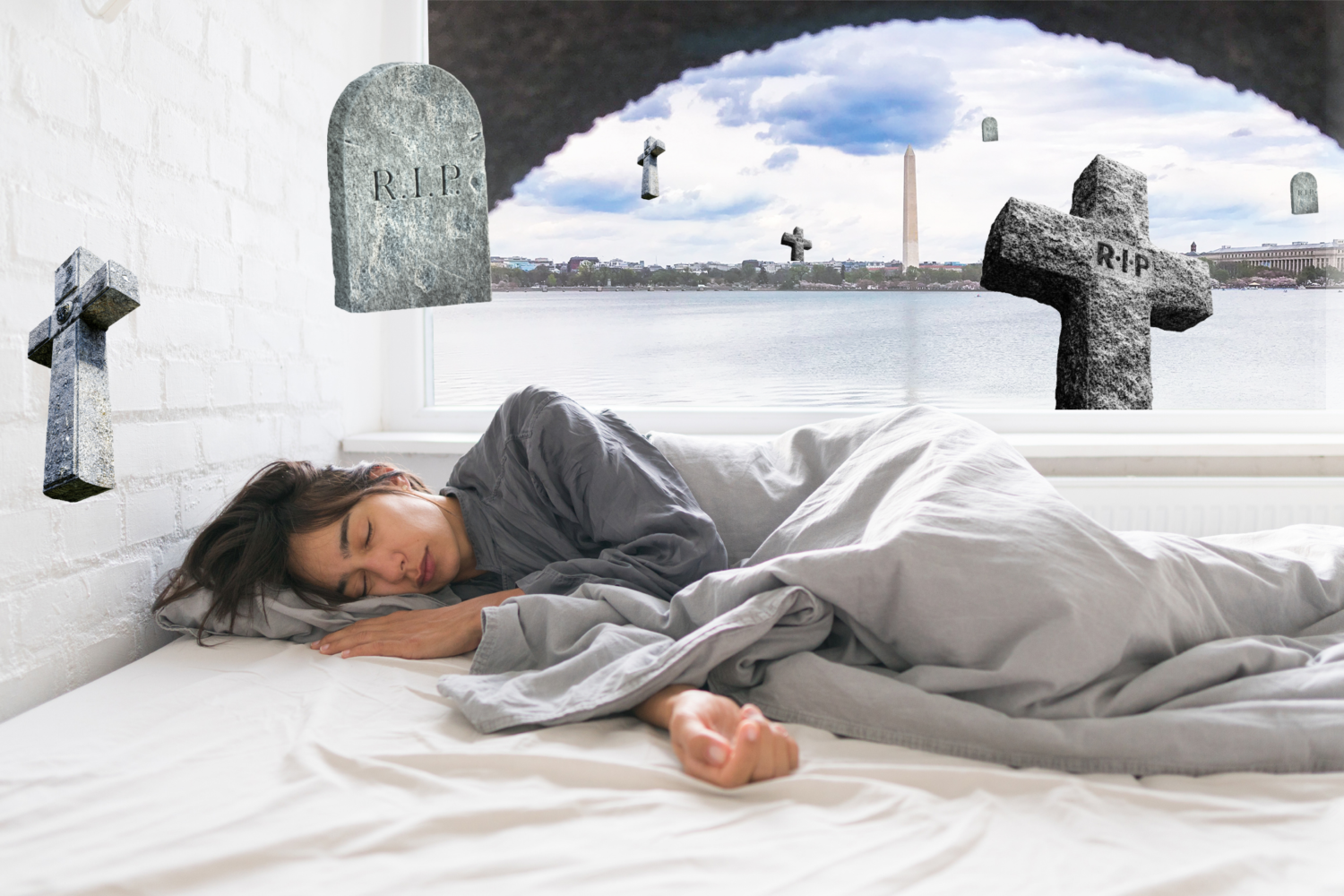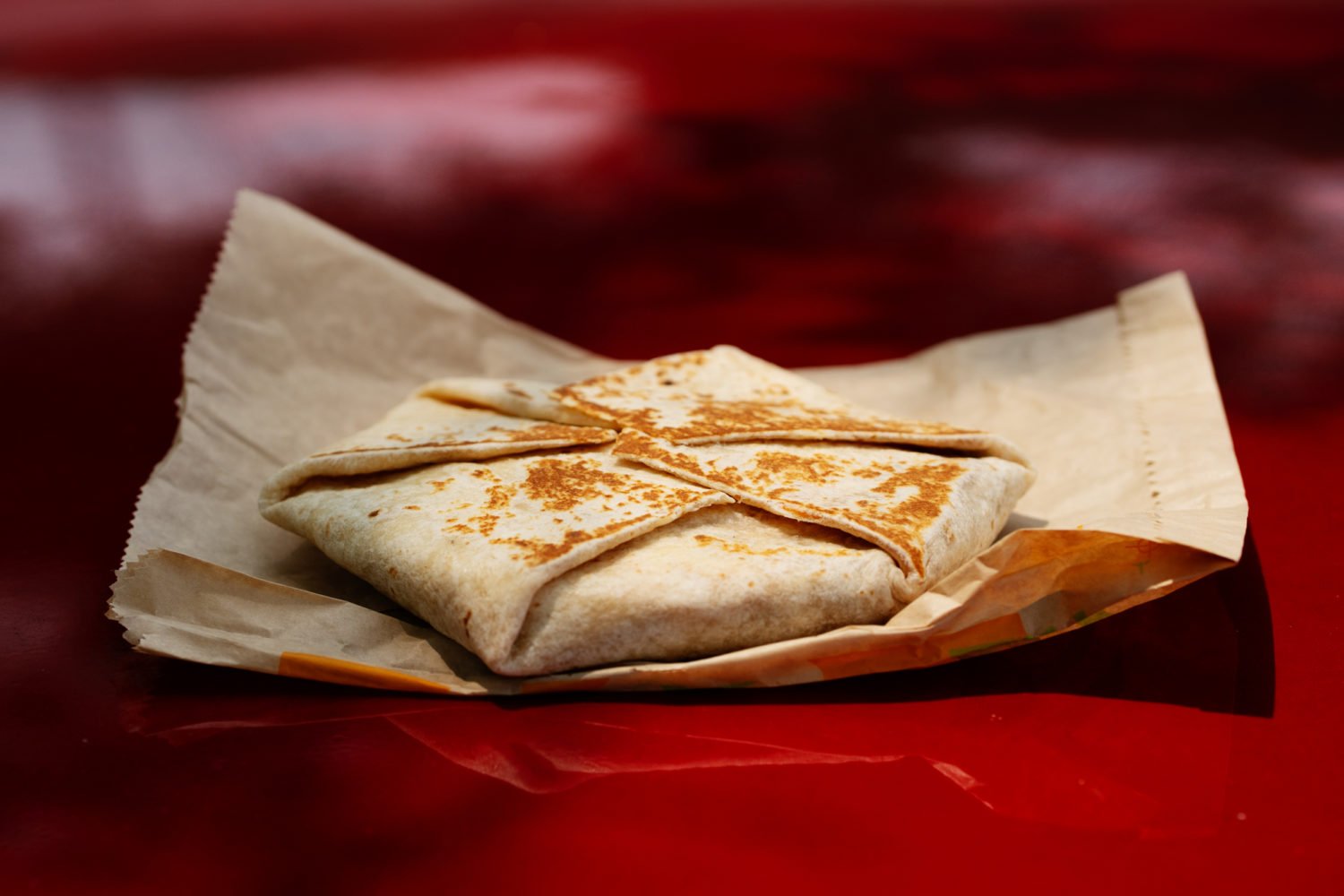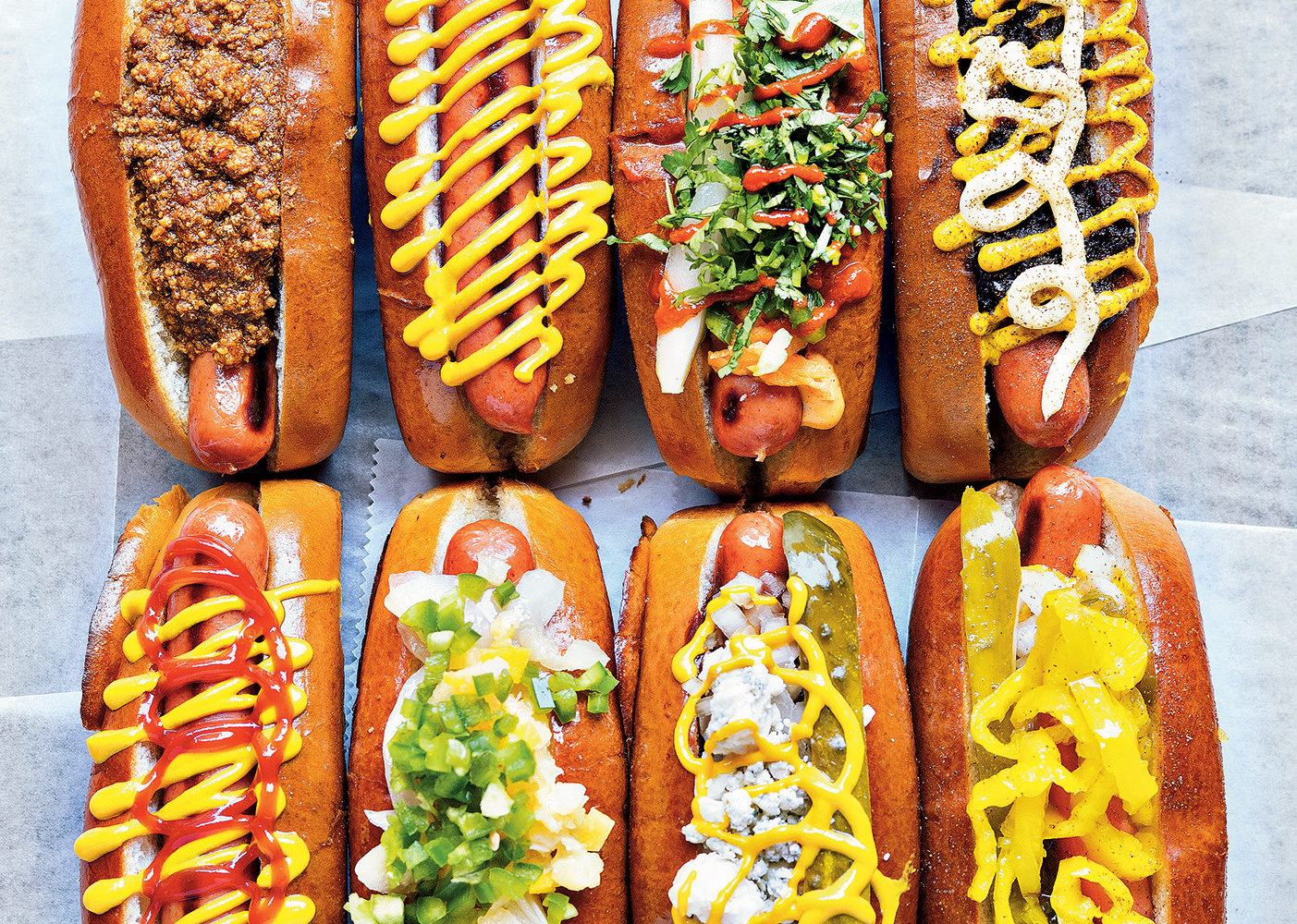This is Washington, DC, and we eat lunch at our desks here. That’s right, it doesn’t matter whether or not hybrid work killed the sad desk salad, according to a new survey: Almost half the workers in DC said they take lunch breaks fewer than three times per week. That’s a top ranking for mid-day sadness among people in US cities.
Why? The report, conducted by a company called ezCater that, okay, granted, appears to have an existential interest in people eating lunch, found that 27 percent of DC’s lunch break-skippers said they had too many meetings. About the same amount said they wouldn’t be able to get all their work done if they luxuriated in the act of stepping away from work to fuel themselves.
And wait, it gets worse! Thirty-seven percent of respondents said they eat while they work (your IT stall will tell you it’s not great for your keyboard; it’s also not optimal for your soul); 32 percent said they eat while meeting with coworkers; and 29 percent said they just “work without eating,” an answer that somehow encapsulates an entire region’s unhealthy relationship to work.
By way of comparison, let’s look at how other people in other cities handle the daily refuel. Only 37 percent of New Yorkers, 26 percent of Bostonians, and 34 percent of people in Los Angeles reported skipping lunch as often as people in DC do. Just 19 percent of New Yorkers said they had too many meetings to eat. The city that never sleeps? More like the city that never misses lunch, amirite?
But it’s the Washington region that we’re concerned with, as well as the psychic cost of viewing nutrition as strictly a distraction from emails. As Jia Tolentino wrote in 2019 (back when the average sad desk salad cost only $12), that act of asceticism exists in an ironic sphere that women, in particular, understand all too well. Weaving her own experiences with exercise in with a meditation on chopped salads, she decided that “Barre feels like exercise the way Sweetgreen feels like eating: both might better be categorized as mechanisms that help you adapt to arbitrary, prolonged agony. “

